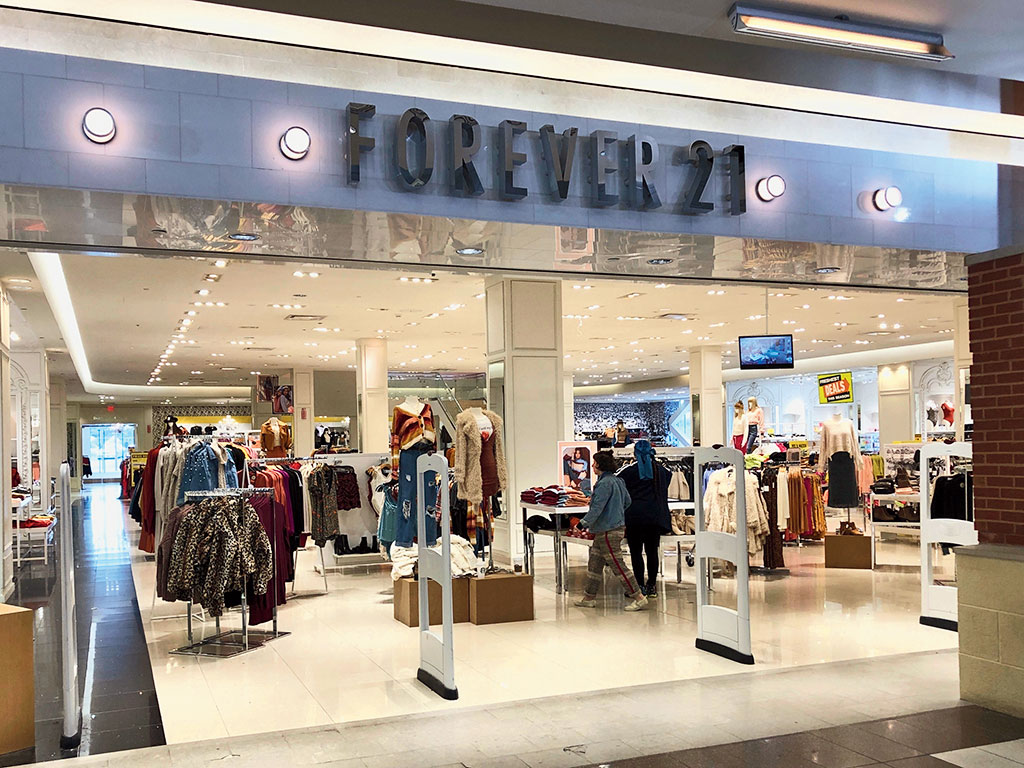Forever 21, the California retailer that helped popularise fast fashion in the United States with its bustling stores and $5 tops, said on Sunday night that it would file for bankruptcy, a sign of the eroding power of shopping malls and the shifting tastes of young consumers.
The private, family-held company capped months of speculation about its restructuring efforts by saying that it would cease operations in 40 countries, including Canada and Japan, as part of a Chapter 11 filing. It will close up to 178 stores in the United States and up to 350 over all.
Forever 21 said that it would continue to operate its website and hundreds of stores in the United States, where it is a major tenant for mall owners, as well as stores in Mexico and Latin America.
“What we’re hoping to do with this process is just to simplify things so we can get back to doing what we do best,” Linda Chang, the chain’s executive vice-president, said in an interview.
Chang’s parents, Do Won and Jin Sook Chang, who still run the chain, founded Forever 21 in the 1980s after immigrating to California from South Korea.
The bankruptcy is a blow to a company that prided itself on embodying the American dream, as well as a reminder of how quickly the retail landscape is transforming.
Forever 21 experienced big success in the early 2000s with its troves of merchandise that imitated of-the-moment designer styles at rock-bottom prices. It joined Zara and H&M in making fast, disposable fashion widely available to American shoppers, especially young women, who were exposed to new wares seemingly every time they entered a store. But the company expanded too aggressively just as technology was beginning to upend its business.
“The retail industry is obviously changing — there has been a softening of mall traffic and sales are shifting more to online,” Chang said.
Forever 21, which said e-commerce made up 16 per cent of its sales, saw its revenue drop to $3.3 billion last year, down from $4.4 billion in 2016. The company employs about 32,800 people, down from 43,000 in 2016.











